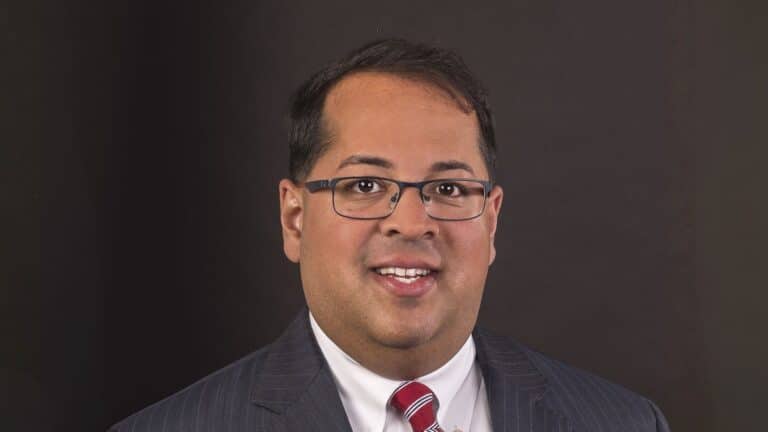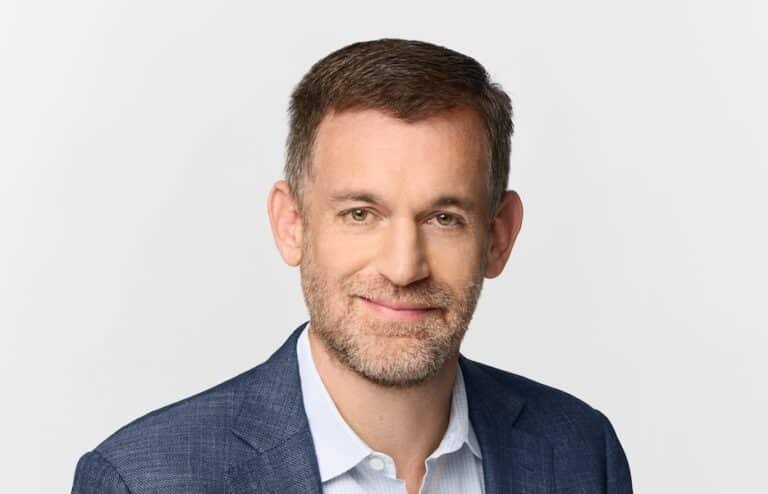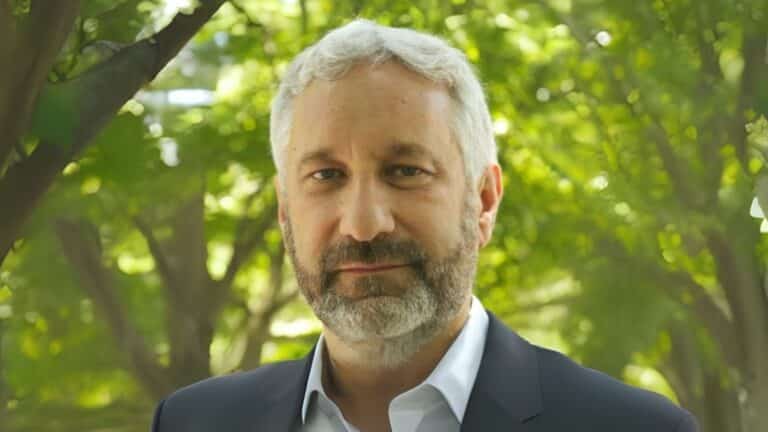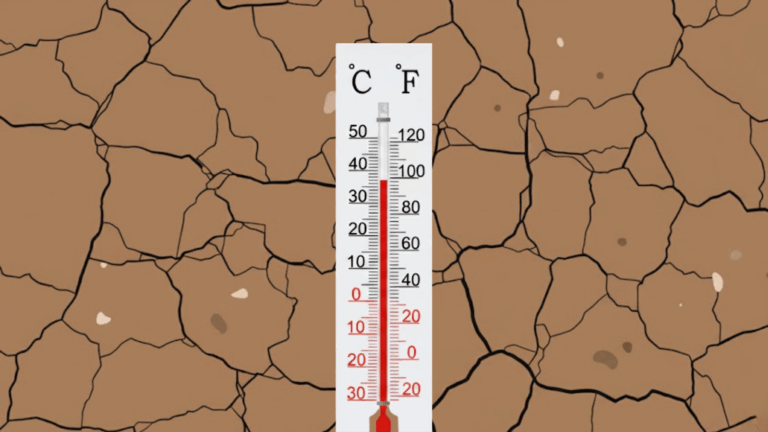‘Toothless’ sanctions
Why the world’s largest waste management company made a $3 billion bet on the US.
Current Access Level “I” – ID Only: CUID holders, alumni, and approved guests only
Senior Research Scholar, CGEP
The world’s biggest carbon capture and storage machine launched last week in Iceland. It’s called Orca. According to Swiss startup Climeworks, the company which built the plant, it will capture 4,000 metric tons of CO2 per year and bury it underground.
The launch event for this new project was attended by the Center on Global Energy Policy’s Dr. Julio Friedmann. Host Bill Loveless snagged him for an interview to discuss what he saw there.
Julio is a Senior Research Scholar at CGEP and one of the most well-known experts on carbon capture, removal and storage. He is also a distinguished associate at the Energy Futures Initiative.
He gave his take on what the Orca plant foretells about this technology, the potential drawbacks, areas of concern, and why he believes that carbon capture technologies are integral to addressing climate change.
The Federal Energy Regulatory Commission (FERC) regulates the United States’ energy transmission, pipeline networks, and wholesale rates for electricity. For much of its history, FERC was a little-known...

Around the globe, and here in the United States, energy markets face huge uncertainties. They include everything from rising geopolitical tensions to a wave of new liquefied natural...

Elected officials face huge challenges when it comes to energy policymaking. They have very little time to learn complicated, nuanced issues. They're bombarded by information — some of...

The ten years since the Paris Agreement was signed at the UN Climate Change Conference, COP 21, have been the ten hottest years on record. And the outcome...

Connecticut needs an honest debate, and fresh thinking, to shape a climate strategy fit for today, not 2022.


As diplomats meet in Brazil for COP30, global resolve to tackle the climate challenge appears badly frayed.

The fashion industry sits at the intersection of climate, energy, and consumption, facing growing pressure to cut emissions, transition to clean energy, and build circular systems across global supply chains.
